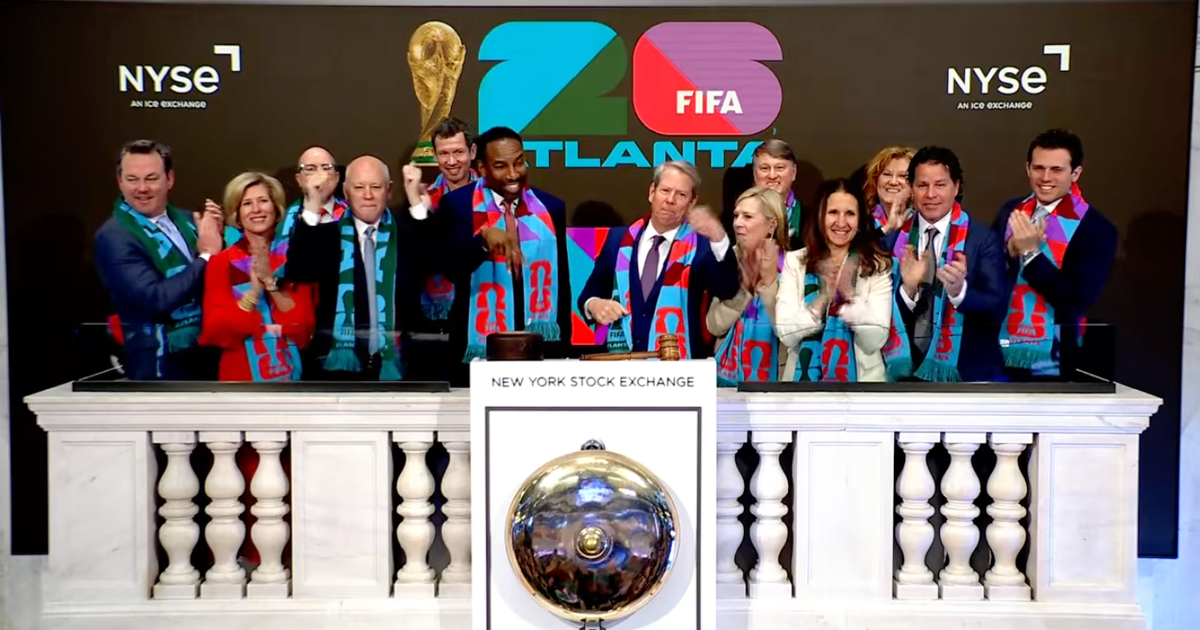Feinstein Discusses Regulating Tech To Protect Personal Data Online
MENLO PARK (KPIX 5) -- Facebook's data debacle has left CEO Mark Zuckerberg out on his own.
Tesla's Elon Musk, Salesforce's Marc Benioff and Apple's Tim Cook have all criticized the social media network over it's handling of the Cambridge Analytica scandal.
Cook recently questioned Facebook's practice of monetizing user data and called for more social media regulation.
Zuckerberg fired back in an interview with Vox Media, saying an advertising-supported model was the only way to continue building a service that is free of charge to the user.
Usually, tech and California go hand in hand, but the tech industry could soon see greater regulations introduced by California leaders.
That was the talk at a leadership conference in Silicon Valley on Monday.
As tech stocks drop and fear of a trade war with China grows, U.S. Senator Dianne Feinstein went to Silicon Valley with an upbeat message.
"Tech plays a huge role…You open a window and facilitate things that have never been done before," Feinstein said.
Feinstein also brought a warning.
"I think, when you have these big platforms, that it's not possible to say 'well we're just like a phonebook,'" Feinstein said.
After some 50 million Facebook users had their personal information used without their knowledge or permission in the 2016 presidential race by a Facebook client who was working for Donald Trump, privacy concerns have gotten even more heated.
Feinstein said, "My belief is that people had to have known in other companies when they picked that data up, that it shouldn't be out there."
There is a growing call to start regulating the Facebook's of the world, just like we do public utilities.
So KPIX 5 asked Feinstein: should there be controls?
Feinstein replied, "I think there are going to have to be some controls. And I said, you know, if you don't control your platform we're going to have to do something about it."
Peter Leroe-Munoz with the Silicon Valley Leadership Group said, "In terms of personal data right now there is no one set response."
But Chris Larsen, the CEO of the financial tech company Ripple, says it's pretty clear cut.
"We need way more privacy protection. No question," Larsen said.
But access to personal information about what you like, who you like and what you buy has become a multi-billion dollar business for technology companies.
KPIX 5 asked Leroe-Munoz if the Facebook's and Google's would survive if they weren't in the personal information business?
Leroe-Munoz said, "Well, right now, we recognize too that many different companies make use of personal information. All types of companies, whether it's a large global company...or it could be a small mom and pop that simply uses credit card information."
Larsen said, "People will adjust. The bottom line is: if consumers are more confident. And right now they are a bit queasy about what's going on."
Feinstein commented on how platforms such as Facebook connect people, but are also massive businesses with minimal regulation.
"It's not like a phonebook. It's not benign, it's alive, it's creative, it's conversational. It's moving and in it there are all kinds of traps."
Whether this gets resolved in Washington D.C. remains to be seen, but already there is a move in California to get a November ballot initiative before voters that would put controls on users' private data.







